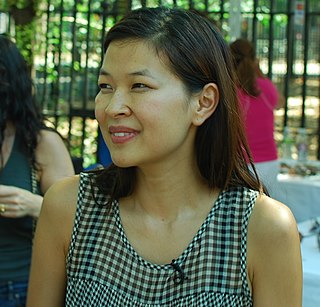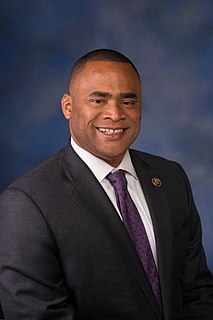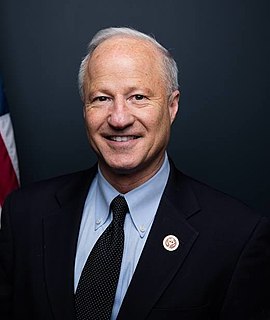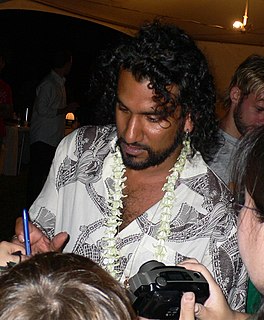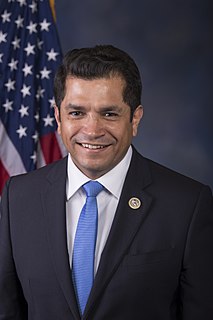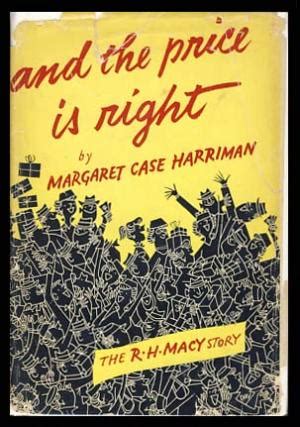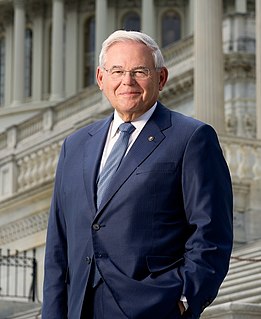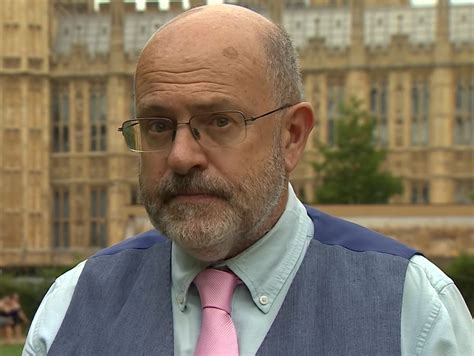Top 1200 Immigrant Parents Quotes & Sayings
Explore popular Immigrant Parents quotes.
Last updated on April 14, 2025.
Obviously there are many, many ways of being an outsider, but having immigrant parents is one of them. For one thing, it makes you a translator: there are all kinds of things that American parents know about life in America ,and about being a kid in America, that non-American parents don't know, and in many cases it falls on the kid to tell them, and also to field questions from Americans about their parents' native country.
Step one of the initial process of getting a non-immigrant visa is tough, renewing it is tough, and then transferring from the status of non-immigrant to immigrant or green card is tough. The only process which is easy is the last part of transferring from green card to citizenship, but getting there is quite a journey.
However great his outward conformity, the immigrant is not Americanized unless his interests and affections have become deeply rooted here. And we properly demand of the immigrant even more than this. He must be brought into complete harmony with our ideals and aspirations and cooperate with us for their attainment.
Well, when you're an immigrant writer, or an immigrant, you're not always welcome to this country unless you're the right immigrant. If you have a Mexican accent, people look at you like, you know, where do you come from and why don't you go back to where you came from? So, even though I was born in the United States, I never felt at home in the United States. I never felt at home until I moved to the Southwest, where, you know, there's a mix of my culture with the U.S. culture, and that was why I lived in Texas for 25 years.
[The immigrant] becomes a kind of insurance policy against the effects of the recession. By blaming him, the pressure valve is regulated in times of crisis ... What we have now is a public mindset of us versus them, and an overall anti-immigrant climate that is both troubling and morally reprehensible.
Hard-working immigrant workers in this country deserve a real path to citizenship as a part of comprehensive immigration reform...We will continue to work with the immigrant rights community and our allies in Congress to devise a truly comprehensive model that places immigrant and workers' rights at the head of the line.




